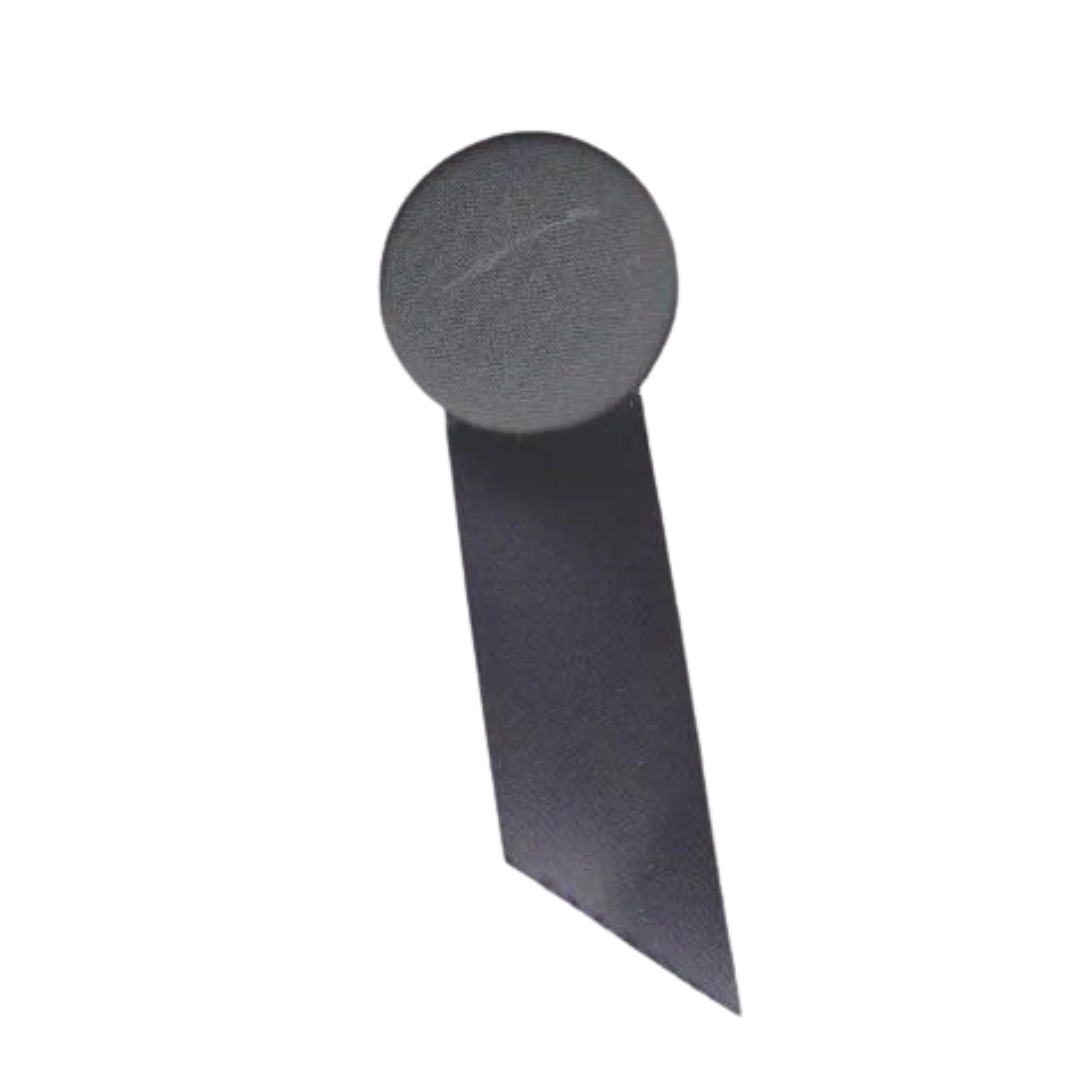How to Plan a Jewish Funeral
How to Plan a Jewish Funeral
Planning a Jewish funeral is one of life’s most sacred responsibilities. Our Jewish funeral planning guide helps you honor both tradition and your family’s personal wishes. Rooted in Jewish funeral customs and traditions, caring for the deceased with dignity and respect is considered one of the highest mitzvahs (good deeds). We are here to guide you through the process with compassion and understanding.
In this guide, you will learn:
What Makes a Jewish Funeral Unique?

A Jewish funeral planning guide can help highlight how our funerals are deeply rooted in tradition, and how they emphasize honoring the deceased with dignity and respect. Unlike other funeral customs, Jewish funerals are typically simple, reflecting the values of humility and equality in death.
When learning how to plan a Jewish funeral, it’s essential to understand that many aspects are guided by Jewish law (halakha), which emphasizes simplicity, humility, and respect.
Jewish law (halakha) emphasizes simplicity, humility, and respect. Key principles include:
- Simplicity: Avoiding extravagant displays or embalming to maintain the natural state of the body.
- Equality: Traditionally, shrouds (tachrichim) symbolize that everyone is equal in death. Cotton and linen options are available for families to choose what feels meaningful.
Jewish Funeral Planning Guide: Core Principles to Honor Tradition
Planning a Jewish funeral involves adhering to several key principles that honor the deceased and provide comfort to the mourners. Understanding these principles helps families make informed decisions that respect both tradition and personal preferences:
Simplicity in Burial Practices (K’vod HaMet)
Jewish funerals avoid unnecessary embellishments or delays, focusing instead on honoring the deceased with dignity and respect. The body is prepared using a ritual purification process (tahara) performed by the Chevra Kadisha (holy society), symbolizing spiritual cleanliness. This sacred process includes:
- Respectful washing and purification of the body
- Prayers and psalms recited during the preparation
- Dressing the deceased in traditional white linen shrouds (tachrichim)
- Placement in a simple wooden casket without metal components
Timing and Promptness
Traditional Jewish law encourages burial to take place as soon as possible, preferably within 24 hours. However, exceptions are made for:
- Family members traveling from far distances
- Legal requirements
- Shabbat or major Jewish holidays
- Special circumstances requiring delay
The Role of the Community
The Jewish community plays vital roles in supporting the bereaved:
- Forming a shomer (guardian) rotation to stay with the deceased until burial
- Participating in the funeral service
- Helping with burial rituals
- Supporting the family during shiva (the seven-day mourning period). Learn more about Shiva practices by clicking here.
Traditional Elements of the Funeral Service
A Jewish funeral typically includes:
-
K’riah: The ritual tearing of a garment or ribbon symbolizing grief.

- Hesped: Eulogies honoring the deceased’s life and character
Jewish Funeral Planning Guide: Core Principles to Honor Tradition
While maintaining respect for tradition, many families today incorporate personal elements:
- Choice of burial location and type of cemetery
- Selection of specific prayers or readings
- Level of community involvement
- Length and style of the service
- Integration of family customs and preferences
